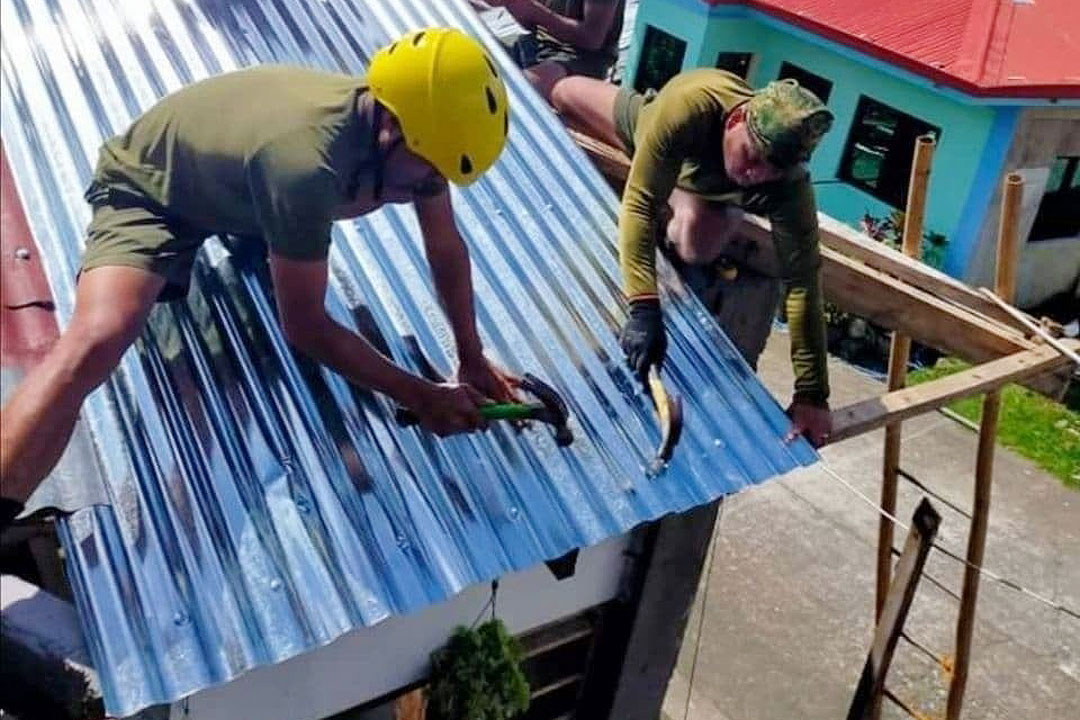IFC says ready to assist local governments in ‘building green’

By Marifi S. Jara, Mindanao Bureau Chief
GOING GREEN for housing projects, whether high-end or socialized, does not have to be costly and complicated, according to an International Finance Corp. (IFC) executive involved in the institution’s certification system that aims to promote more climate-friendly and disaster resilient buildings.
“People think that when you say ‘green’ buildings, they are expensive and they are technically complex,” Angelo Tan, Philippine country lead of IFC’s Climate Business Department, said at last week’s Livable Cities webinar series.
Mr. Tan said IFC’s certification system called EDGE, or Excellence in Design for Greater Efficiencies, offers a free online tool that provides simple and measurable standards on “building green” based on materials, and systems for energy and water.
IFC, the World Bank’s private sector arm, has certified 50 projects, which includes 6,400 homes, since EDGE was launched in the Philippines. A total of 420,000 sq.m. or 52% was certified in 2021 alone. Mr. Tan said another 3.77 million sq.m. have registered and are up for certification.
Complementary to the EDGE index, IFC is also ready to assist local governments units (LGUs) in setting up policies that will encourage more green ventures.
“Under IFC’s green and resilient programs, we want to collaborate with a wide range of stakeholders,” Mr. Tan said. “We can work closely with you (LGUs) to enable you to make that enabling environment for greener and more resilient buildings.
INCENTIVES
The IFC executive said incentives for developers do not have to be limited to waived or reduced property tax, which cuts the local government’s potential revenue.
LGUs, he said, can introduce such measures as cutting the processing time for permits and requirements for green-certified projects, providing grants or loans, offering technical assistance, and updating local legislation to improve the regulatory framework.
Mr. Tan cited the IFC’s work with the Mandaluyong government for the city’s green building code, one of the pioneering local ordinances on environment-friendly property projects.
IFC is also piloting its Building Resilience Index (BRI) in the Philippines, an online tool that includes hazard mapping and resilience assessment for building projects.
With the help of EDGE and BRI, Mr. Tan said, green buildings could be made “more accessible, inclusive, and affordable.”
The IFC executive stressed that applying “quantitative” resilience and sustainability standards are especially important for socialized housing projects as the underprivileged population are under gravest threat from climate change.
“Risks are increasing with global warming… Climate impacts are felt disproportionately in urban areas with the most economically and socially marginalized,” he said.



